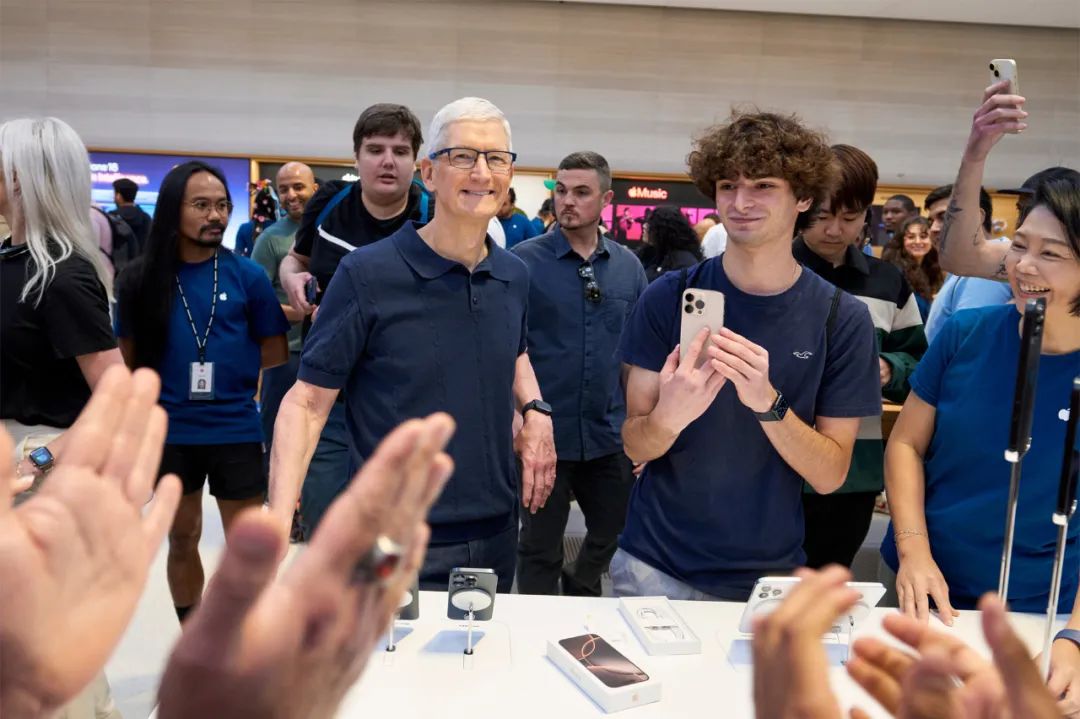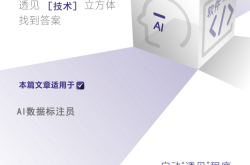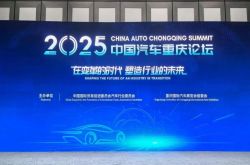iPhone 16 Generates $44.5 Billion, Yet Apple Battles to Mask AI Challenges
![]() 08/08 2025
08/08 2025
![]() 542
542
By Yang Jianyong
For the fiscal third quarter ending June 28, 2025, Apple reported stellar results, with total revenue amounting to $94.04 billion, marking a 10% year-over-year increase, and net profit soaring to $23.434 billion, up 9% year-over-year.
Among these, the iPhone business stood out prominently, achieving revenue of $44.58 billion, a robust 13.5% year-over-year growth. For the nine months ending June 28, 2025, cumulative iPhone revenue reached $160.56 billion.

This robust growth is primarily attributed to the iPhone 16 series' strong sales and Apple's continuous expansion into emerging markets, further cementing its leadership position in the high-end smartphone market.
Apple CEO Tim Cook proudly announced the record-breaking revenue for the June quarter, highlighting double-digit growth across iPhone, Mac, and services revenue in all global regions.
Crucially, Apple has received positive signals from the Greater China market, with fiscal third-quarter revenue reaching $15.369 billion, a 4% year-over-year increase, successfully reversing the downward trend observed in the previous two quarters.
Apple's recovery in the Greater China region has provided significant support for its global revenue growth. This resurgence is mainly driven by the iPhone 16 series' strong performance in the high-end mobile phone market and the adoption of a significant price reduction strategy during the 618 shopping period, which also included participating in national subsidies to stimulate device replacement demand. According to Canalys data, iPhone shipments in China reached 10.1 million units in the second quarter of 2025, a 4% year-over-year increase.
It is worth noting that following Steve Jobs' innovation legacy, Tim Cook has authored a distinctively different business narrative over the past 14 years. Despite being criticized for "lacking disruptive innovation," the iPhone has continued to expand with remarkable commercial resilience, firmly securing Apple's position in the global high-end smartphone market, primarily due to the construction of a competitive barrier that transcends technological innovation.
While tech media obsess over minor changes like the notch screen, Cook has transformed Apple into one of the most profitable companies globally. Leveraging the iPhone's global cash-generating capabilities, Apple has amassed substantial wealth, not only becoming one of the most profitable tech companies but also witnessing its market value skyrocket.
Under Cook's leadership, Apple's market value has soared from $1 trillion to $3 trillion, even briefly approaching $4 trillion, with a peak market value exceeding $3.75 trillion. It is undeniable that Cook is a savvy businessman. This also underscores that in mature markets, operational efficiency is the true competitive advantage.
Despite Apple's unprecedented business success and robust iPhone demand, it lags behind in artificial intelligence. The comprehensive delay in its AI strategy is eroding its technological discourse power, positioning it as a follower in the generative AI era.
It should be noted that since Apple introduced Siri to the iPhone in 2011, it revolutionized human-computer interaction by enabling human-like conversations. However, over the past decade, Siri's functional enhancements have been limited. Despite the release of its first generative AI large model, Apple Intelligence, it still pales in comparison to large models like OpenAI's ChatGPT, and the Siri upgrade faces delays until next year, indicating that Apple is falling behind in the generative AI wave.
In the era of generative AI, Apple lags behind in large model technology, having been surpassed by companies like NVIDIA and Microsoft. Especially in the generative AI era, the unprecedented global demand for NVIDIA's AI chips has catapulted it into the position of the most powerful stock on the planet, with a market value of $4.24 trillion, $1.2 trillion higher than Apple's.
As NVIDIA builds a market value wall of $4 trillion with AI chips, Apple, as the pioneer in human-computer interaction, can be described as "early to rise but late to the party," still caught in the voice command logic of a decade ago. It must be acknowledged that in the generative AI era, Apple's business empire's competitive advantage requires more than just a supply chain myth; it necessitates a technological race.
At this critical juncture, as the technology industry accelerates its transformation towards AI, Apple faces a pivotal choice: continue to be a profit harvester in the smartphone market or venture into the future to become a rulemaker in the AI era. For Cook, this is not merely a question of innovation skepticism but an AI life-or-death decision.






